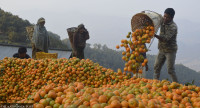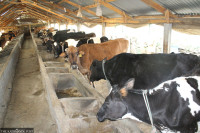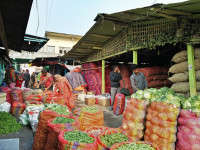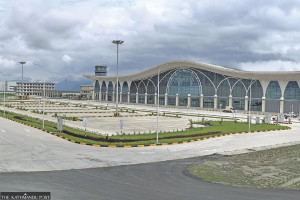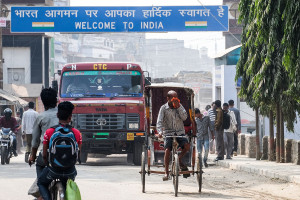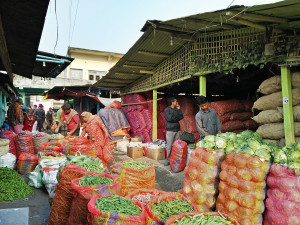Money
Banks may check objects put in safe deposit boxes
Nepal Rastra Bank (NRB) is considering introducing directives allowing banks and financial institutions (BFIs) to check the objects stored in safe deposit boxes by their customers.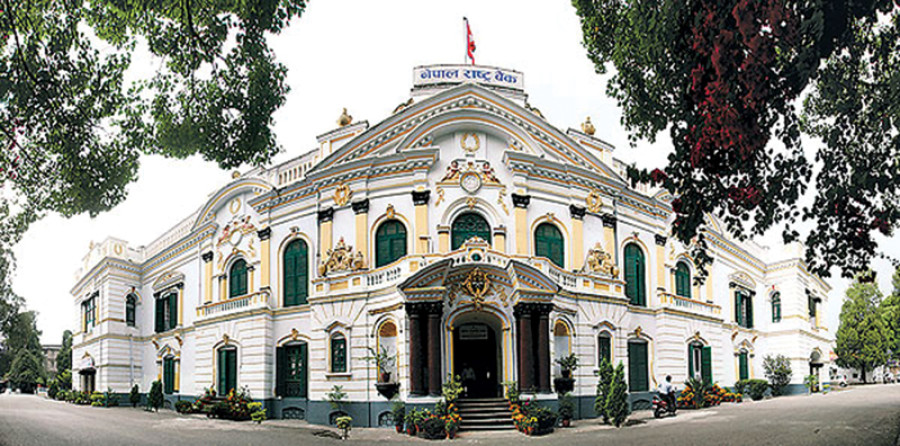
Bibek Subedi
Nepal Rastra Bank (NRB) is considering introducing directives allowing banks and financial institutions (BFIs) to check the objects stored in safe deposit boxes by their customers.
The move was prompted by the discovery this week of 14 rounds of ammunition in the locker of UCPN (Maoist) lawmaker Lharkyal Lama at the Durbar Marg branch of Nepal Investment Bank. Lama was arrested on Sunday.
The central bank wants to make its Know Your Customer (KYC) policy more stringent not only to combat money laundering but also prevent other criminal activities.
Spokesperson for NRB Trilochan Pangeni said preparations were being made to issue the directives. The new regulation will mean bank customers will have to surrender their privacy rights when renting lockers.
Presently, bank customers using locker facilities just need to sign a statement that they will not store any illegal goods in their lockers.
“After the new directive is introduced, BFIs will be authorised to check the objects their customers bring to put in their safe deposit boxes,” said Pangeni. “Also, BFIs will be instructed not to be lenient towards high officials or politically influential persons.”
Meanwhile, bankers gave a mixed response to NRB’s proposed directive. Nepal Bankers’ Association (NBA) President Upendra Poudel said the recent incident had raised some questions about the risk associated with locker services.
“It is difficult for bankers to ask for details about the belongings of their customers,” said Poudel. “However, we are ready to comply with the new directive.”
A few bankers said that the banking community would not take such a directive positively. “It is a worldwide practice that the relation between a bank and a locker user is not that of a banker and a customer but that of a lessor and a lessee,” said Anil Shah, vice-president of the NBA.
“We are only renting space out when letting customers use the lockers, and we can’t take the responsibility of checking their belongings.” International practice shows that banks do not check the lockers of their customers. If the central bank brings such a regulation, it will force banks to stop providing locker services, he added.
Shah admitted that there was risk associated with bank lockers. “If illegal substances like explosives are put in bank lockers, it could be dangerous,” he said, adding that banks were vigilant regarding such issues. “Banks have their own KYC policy, and they do a serious background check before renting lockers to their customers,” Shah said.
Poudel said that the recent incident involving Lama could not be taken lightly.




 13.12°C Kathmandu
13.12°C Kathmandu
